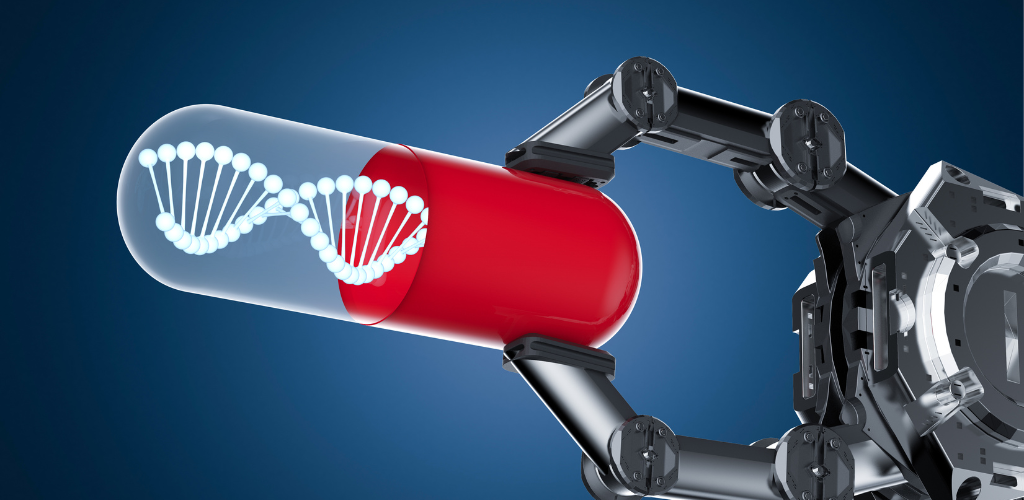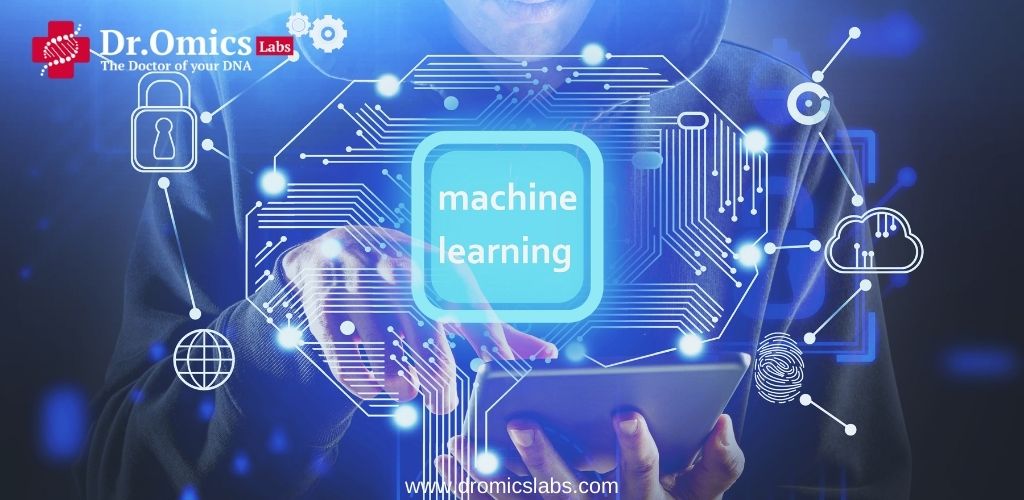Cancer is a complex and heterogeneous disease that affects millions of people worldwide. One of the biggest challenges in cancer treatment is finding the right drug for each patient, as different patients may respond differently to the same drug. This is where AI/ML methods can help, by using large-scale data sets of molecular features and drug response measurements to learn and predict how a drug will affect a patient or a cell line.
In this blog post, I will give you an overview of some of the common AI/ML methods for drug response prediction, and how they can improve personalized medicine, drug discovery, and drug repurposing.
What is drug response prediction?
Drug response prediction is the task of estimating how a drug will affect a patient or a cell line based on their molecular features. These features can include gene expression, mutation, copy number variation, methylation, proteomics, metabolomics, and more. The drug response can be measured by various metrics, such as IC50, AUC, survival time, or sensitivity/resistance class.
Drug response prediction is important for several reasons:
- It can help to select the best drug for each patient, based on their molecular profile and disease characteristics, and avoid unnecessary side effects or toxicity.
- It can help to discover new drugs or repurpose existing drugs, by finding novel associations between drugs and molecular targets or pathways, and identifying new indications or combinations for existing drugs.
- It can help to understand the mechanism of action of drugs, by revealing how they modulate the molecular networks and pathways in the cells, and how they interact with other drugs or environmental factors.
What are some of the common AI/ML methods for drug response prediction?
AI/ML methods can help to solve the drug response prediction problem by learning from large-scale data sets of drug response measurements and molecular profiles. Some of the common AI/ML methods for drug response prediction are:
- Regression models: These are models that learn a numerical function that maps the molecular features to the drug response value, such as IC50, AUC, or survival time. Examples of regression models are linear regression, support vector regression, random forest regression, and neural networks.
- Classification models: These are models that learn a categorical function that maps the molecular features to the drug response class, such as sensitive, resistant, or intermediate. Examples of classification models are logistic regression, support vector machines, decision trees, and neural networks12.
- Clustering models: These are models that group the molecular features into clusters based on their similarity or dissimilarity, and then assign a drug response value or class to each cluster. Examples of clustering models are k-means, hierarchical clustering, and self-organizing maps.
- Dimensionality reduction models: These are models that reduce the dimensionality of the molecular features by extracting the most relevant or informative features, and then use them for drug response prediction. Examples of dimensionality reduction models are principal component analysis, factor analysis, and autoencoders.
- Ensemble models: These are models that combine the predictions of multiple models to obtain a more accurate or robust prediction. Examples of ensemble models are bagging, boosting, and stacking.
How can these methods improve personalized medicine, drug discovery, and drug repurposing?
These methods can improve personalized medicine, drug discovery, and drug repurposing by providing valuable insights and predictions that can guide clinical decision-making and drug development. For example:
- These methods can help to select the best drug for each patient, by predicting their drug response based on their molecular profile and disease characteristics, and by simulating the effect of a drug on their pathway signatures.
- These methods can help to discover new drugs or repurpose existing drugs, by finding novel associations between drugs and molecular targets or pathways, and by identifying new indications or combinations for existing drugs.
- These methods can help to understand the mechanism of action of drugs, by revealing how they modulate the molecular networks and pathways in the cells, and how they interact with other drugs or environmental factors.
Conclusion
In this blog post, I have given you an overview of some of the common AI/ML methods for drug response prediction, and how they can improve personalized medicine, drug discovery, and drug repurposing. These methods can help to solve the complex and heterogeneous problem of drug response prediction by learning from large-scale data sets of molecular features and drug response measurements. These methods can provide valuable insights and predictions that can guide clinical decision-making and drug development.
References
- DarwinAI. (2021). Using Explainable AI to Improve Personalized Drug Response Prediction. https://medium.com/darwinai/using-explainable-ai-to-improve-personalized-drug-response-prediction-68d4d606b025
- Nature. (2021). Using predictive machine learning models for drug response. https://www.nature.com/articles/s41540-021-00199-1.pdf
- Overview of machine learning methods for monotherapy drug response. (2021). Bioinformatics, 23(1), bbab408. https://academic.oup.com/bib/article/23/1/bbab408/6383559
- Frontiersin. (2021). Application of Machine Learning for Drug–Target Interaction Prediction. https://www.frontiersin.org/articles/10.3389/fgene.2021.680117/full
- Challenge-Enabled Machine Learning to Drug-Response Prediction. (2020). https://link.springer.com/article/10.1208/s12248-020-00494-5
- DarwinAI. (2021). Using Explainable AI to Improve Personalized Drug Response Prediction. https://medium.com/darwinai/using-explainable-ai-to-improve-personalized-drug-response-prediction-68d4d606b025
- Nature. (2021). Using predictive machine learning models for drug response. https://www.nature.com/articles/s41540-021-00199-1.pdf
- Overview of machine learning methods for monotherapy drug response. (2021). Bioinformatics, 23(1), bbab408. https://academic.oup.com/bib/article/23/1/bbab408/6383559
- Frontiersin. (2021). Application of Machine Learning for Drug–Target Interaction Prediction. https://www.frontiersin.org/articles/10.3389/fgene.2021.680117/full
- Challenge-Enabled Machine Learning to Drug-Response Prediction. (2020). https://link.springer.com/article/10.1208/s12248-020-00494-5




